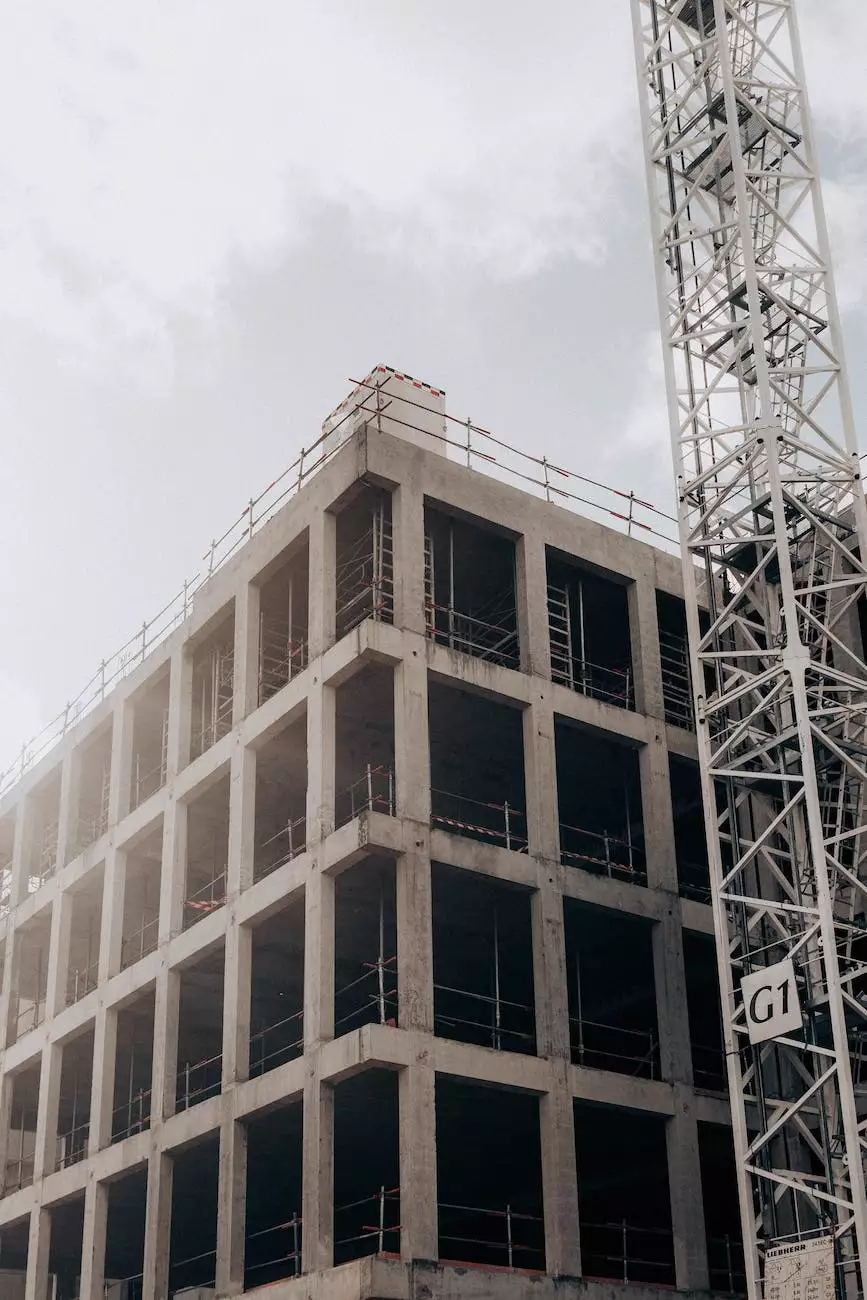Real Estate App Development Cost: Feature, Process, & More
Blog
Introduction
Welcome to Seo by Chrys, your trusted partner in website development for businesses in the real estate industry. Are you wondering about the cost of developing a real estate app? Look no further! In this comprehensive guide, we will explore the various factors that influence the development cost, the essential features your app should have, and the development process to make your app a success.
Understanding Real Estate App Development
A real estate app serves as a powerful tool for agents, brokers, and potential home buyers or sellers. It allows users to search for properties, schedule appointments, view high-quality images, access property history, and much more. The functionalities and complexity of your app determine the overall development cost.
Essential Features of a Real Estate App
- Property Search: A robust search functionality that enables users to filter properties based on location, price range, property type, and other relevant criteria.
- Property Details: Detailed information about each property, including descriptions, amenities, floor plans, high-resolution images, virtual tours, and nearby facilities.
- User Accounts: User registration and login functionality to allow personalized experiences, saved searches, and favorite listings.
- Appointment Booking: Streamlined appointment scheduling system for users to request property viewings or consultations with agents.
- Map Integration: Integration with mapping services to display properties on a map, visualize nearby amenities, and calculate travel times.
- Push Notifications: Instant alerts and updates on new property listings, price changes, and other relevant information to engage users.
- Advanced Filters: Additional filters like property size, number of bedrooms, and custom search criteria to refine search results.
- Mortgage Calculator: A built-in tool to estimate mortgage payments, affordability, and loan details for potential buyers.
- Reviews and Ratings: User-generated reviews and ratings for properties or agents to enhance transparency and credibility.
The Real Estate App Development Process
Developing a successful real estate app involves several stages, from initial planning to launch and ongoing maintenance. Here's an overview of the typical development process:
1. Idea Validation and Planning
Clarify your app's objectives, target audience, and unique selling points. Conduct market research, competitor analysis, and define your monetization strategy.
2. UI/UX Design
Create a visually appealing and user-friendly interface that aligns with your branding. Focus on intuitive navigation, seamless property browsing, and smooth user interactions.
3. Backend Development
Build a scalable and secure backend infrastructure to handle user data, property listings, search functionality, and other essential app components.
4. Frontend Development
Bring your app's interface design to life using advanced front-end technologies. Ensure responsiveness across devices and optimize performance.
5. Integration and Testing
Integrate APIs for property data, location services, payment gateways, and other relevant functionalities. Rigorous testing is essential to identify and fix any bugs or usability issues.
6. Deployment and Launch
Prepare your app for deployment to the desired platforms (iOS, Android, or both) and submit it to the respective app stores. Optimize app store listings with relevant keywords and captivating descriptions.
7. Post-Launch Support and Maintenance
Ensure regular updates, bug fixes, and continuous improvements to meet user expectations and address emerging market trends. Gather user feedback and iterate the app accordingly.
Real Estate App Development Cost Factors
The cost of developing a real estate app can vary significantly depending on various factors:
1. App Complexity and Features
The more advanced features and functionalities you require, the higher the cost. Balancing essential features with additional enhancements is crucial for optimal cost-effectiveness.
2. Platform(s) and Devices
Developing for a single platform, such as iOS or Android, is generally more cost-effective than targeting both platforms. Additionally, supporting older devices or multiple screen sizes may affect development costs.
3. Design and User Interface
A well-crafted, visually appealing UI/UX design contributes to a positive user experience. Custom designs and interactive elements may increase costs compared to using pre-built templates.
4. Development Team and Expertise
The skills and expertise of your development team play a significant role in cost determination. Highly skilled developers with extensive experience may charge higher rates but deliver superior results.
5. Integration and APIs
If your app requires third-party integration, such as property databases or payment gateways, additional costs may be incurred for licensing, custom development, or ongoing API usage.
6. Development Timeline
A shorter development timeline may involve more resources being allocated simultaneously, potentially increasing costs. Proper project planning and efficient resource management can help optimize expenses.
Conclusion
When considering real estate app development, it's crucial to assess your specific requirements, target audience, and budget. At Seo by Chrys, we understand the complexities of the development process and strive to deliver cost-effective solutions tailored to your business needs. Contact us today to explore how we can help you turn your real estate app idea into a reality.










